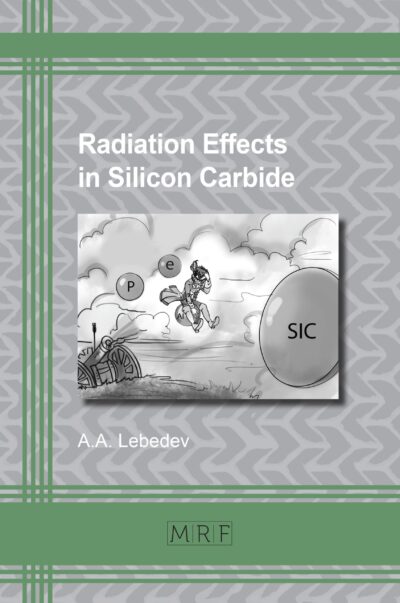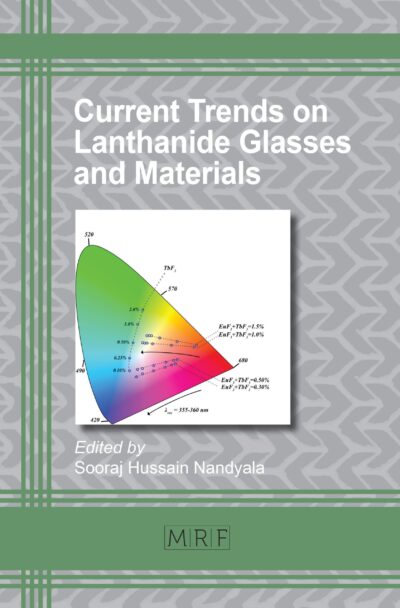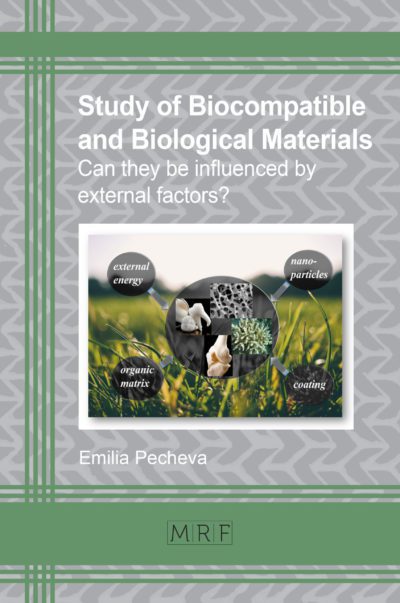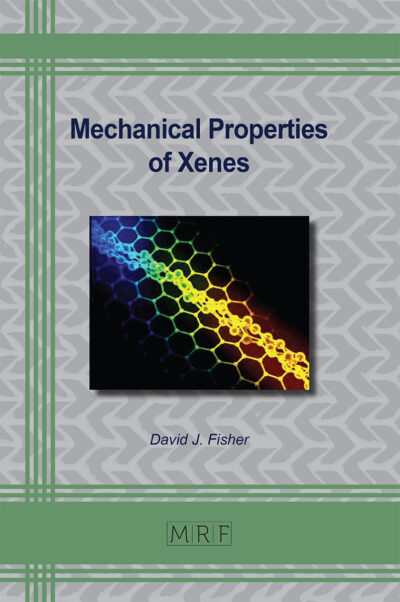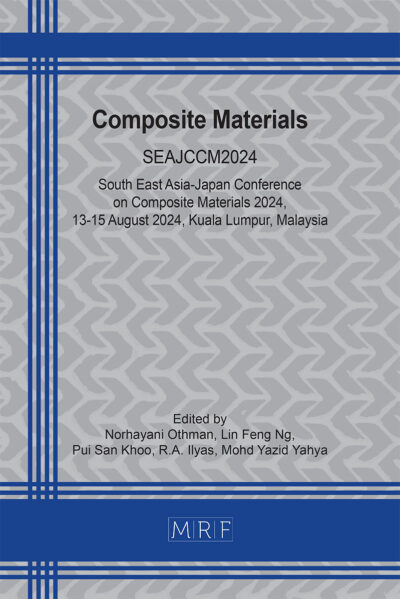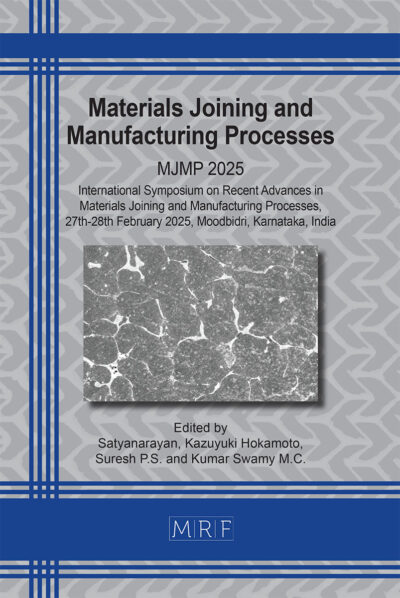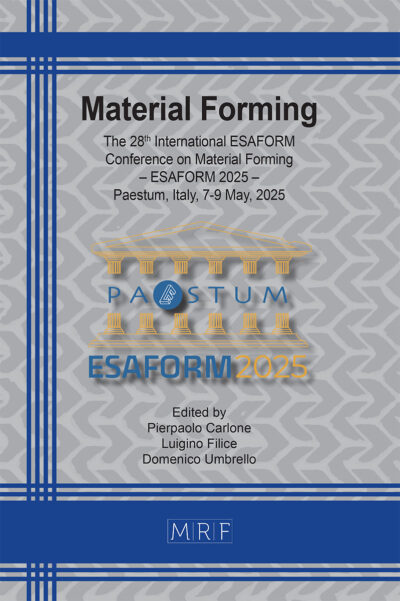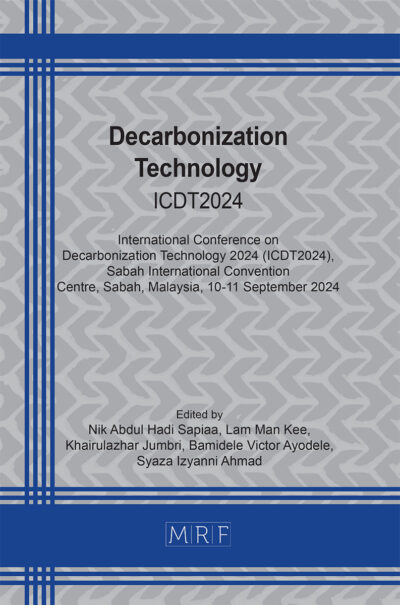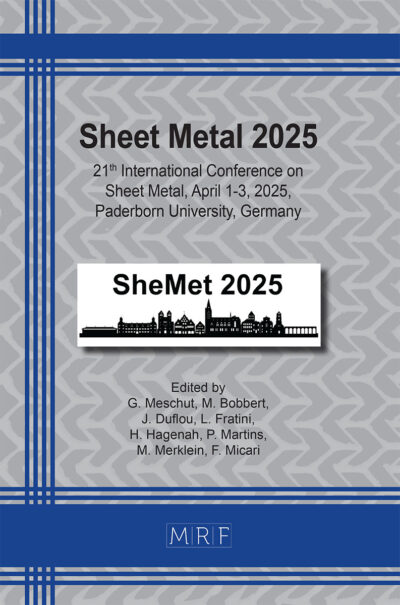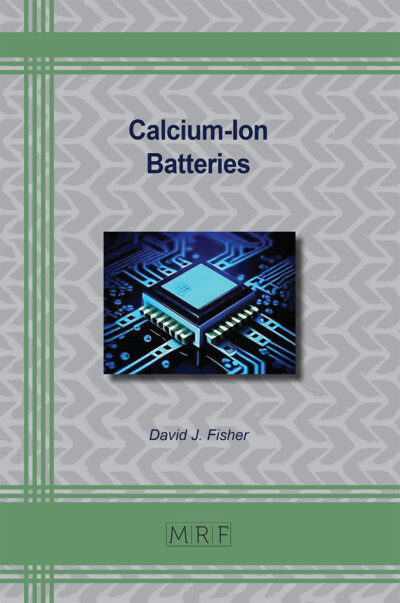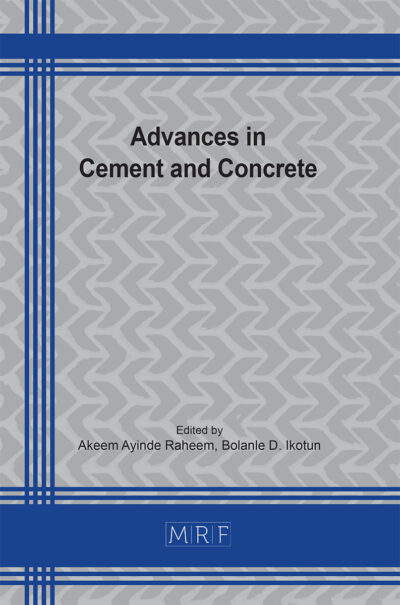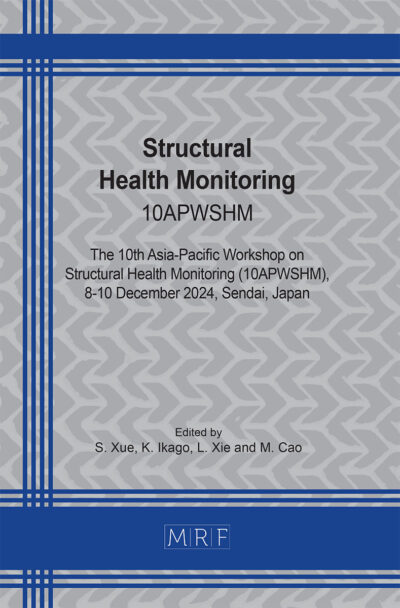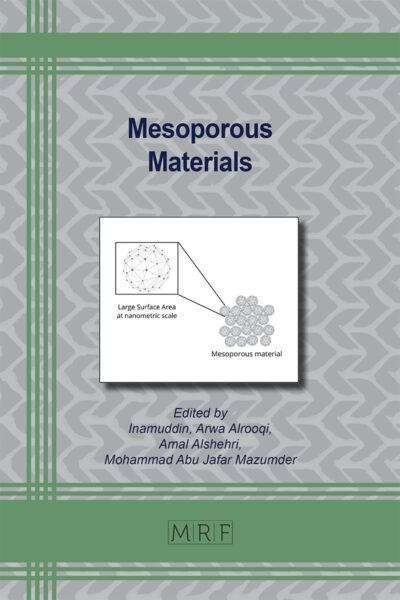Floating Offshore Energy Devices
GREENER
Eds. Ciarán Mc Goldrick, Meriel Huggard and Biswajit Basu
Materials Research Proceedings Volume 20
Publication Date 2022, 94 Pages
Print ISBN 978-1-64490-172-4 (release date February, 2022)
ePDF ISBN 978-1-64490-173-1
DOI: 10.21741/9781644901731
This new conference series aims at presenting state-of-the-art research in the development of offshore energy machines and devices. Topics covered include: Present and future offshore wind and wave devices; innovations in modelling, design, control, operation and testing of offshore energy machines, and the impact of these devices on the marine environment.
Keywords
Oscillating Water Column, Monitoring of Wind Turbines, Coriolis Effect, Internal Ocean Waves, Rapid Distortion Theory, Modelling of Ocean Wave Energy Converters, Pendulum-Type Vibration, Wind Turbine Fault Prediction, Short-Term Wind Power Forecasting, Floating Tidal Energy Conversion, Antarctic Circumpolar Current, Shallow Water Large Scale Modelling
Table of Contents
Overview on Oscillating Water Column Devices
António F.O. Falcão
Cointegration Modelling for Health and Condition Monitoring of Wind Turbines – An Overview
Phong B. Dao, Wieslaw J. Staszewski
On the Coriolis Effect for Internal Ocean Waves
Rossen Ivanov
A Review of Rapid Distortion Theory
Sudipta Lal Basu, Breiffni Fitzgerald, Søren R.K.Nielsen, Biswajit Basu
On the Importance of High–Fidelity Numerical Modelling of Ocean Wave Energy Converters under Controlled Conditions
Christian Windt, Josh Davidson, Nicolas Faedo, Markel Penalba, John V. Ringwood
Consistent Modal Calibration of a Pendulum-Type Vibration Absorber
Jan Høgsberg
Machine Learning for Wind Turbine Fault Prediction through the Combination of Datasets from Same Type Turbines
Cristian Bosch, Ricardo Simon Carbajo
Ensemble Empirical Mode Decomposition Based Deep Learning Model for Short-Term Wind Power Forecasting
Juan Manuel González-Sopeña, Vikram Pakrashi, Bidisha Ghosh
Frequency-Domain Identification of Radiation Forces for Floating Wind Turbines by Moment-Matching
Yerai Peña-Sanchez, Nicolás Faedo, John V. Ringwood
Design and Structural Testing of Blades for a 2MW Floating Tidal Energy Conversion Device
Yadong Jiang, Edward Fagan, William Finnegan, Afrooz Kazemi Vanhari, Patrick Meier, Suhaib Salawdeh, Colm Walsh, Jamie Goggins
Study of the Antarctic Circumpolar Current via the Shallow Water Large Scale Modelling
Kateryna Marynets


